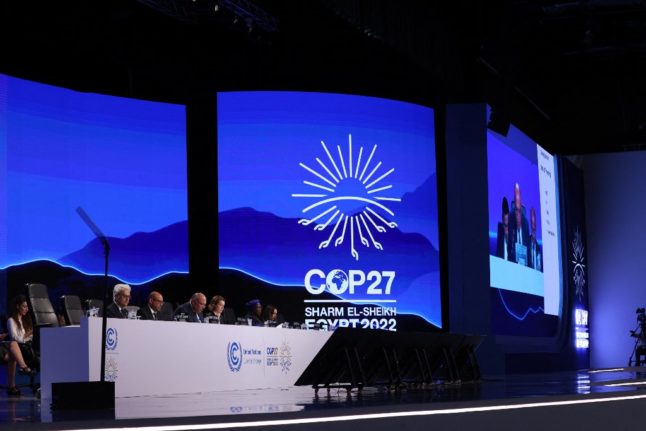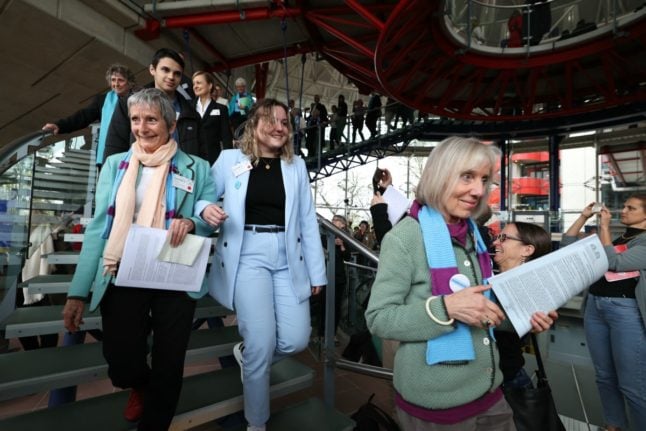A fraught UN gathering in Egypt wrapped up on Sunday with a landmark deal on funding to help vulnerable countries cope with devastating climate impacts — and deep disappointment over a failure to push further ambitions towards cutting emissions.
“The states have agreed on a work programme until 2026. However, this does not expressly oblige the countries with the highest greenhouse gas emissions,” said a statement from the Swiss Federal Office for the Environment.
“Switzerland regrets this decision and will work to ensure that these countries also make their contribution.
“A new fund has been set up for the most vulnerable countries to help them deal with the damage caused by climate change. Switzerland welcomes the additional aid in principle. Central questions about the fund still have to be clarified.”
Bern noted that no resolutions were passed on phasing out coal and reducing subsidies for oil and gas, saying “countries with the largest greenhouse gas emissions, such as China, India, Indonesia and Brazil, rejected a corresponding work programme and the obligation to implement plans”.
The final COP27 statement held the line on the aspirational goal of limiting global warming to 1.5 degrees Celsius above pre-industrial levels.
On the funding deal, “it remains unclear which countries should contribute to the fund, how the money will be distributed and who will manage the fund. Switzerland will work to ensure that these issues are clarified as quickly as possible,” Bern said.
READ MORE: REVEALED: How Switzerland’s glaciers have halved in size since 1931



 Please whitelist us to continue reading.
Please whitelist us to continue reading.
Member comments